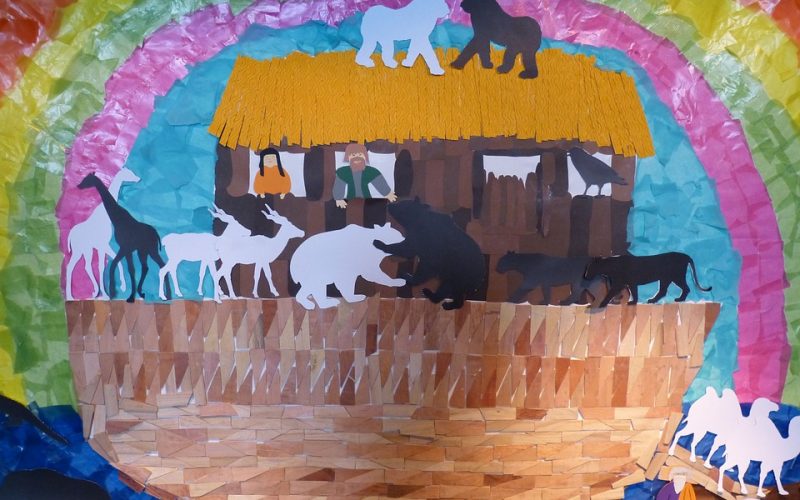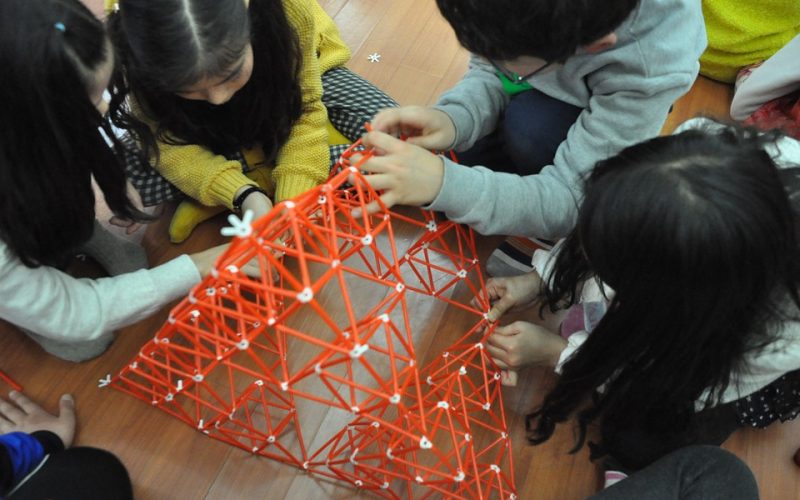Religious Education for Children
Religious education is an important facet of any church. Children must be taught about the fundamentals of their religion to reinforce their beliefs. Being raised as part of a congregation gives parents a chance to enroll their children in religious education classes at their church. The youngest children are often taught Bible stories to help them understand basic moral concepts. As the children mature, the stories are more complex. They illustrate the fundamentals of religious ideals, concepts and events.
Education in religion has long been a basic function of any religious organization. Some churches have opted to also teach non-religious classes. This is done to help congregation members teach their children religious beliefs as part of a daily educational program. In some cases, the church may be the only school in the area. Churches will accept non-church members in areas without government or other private schooling, but parents must agree to let their children receive religious education as well.
Learning to socialize is one more facet of education provided by churches. Events for children and teens have been very popular throughout the years. While there are religions that forbid dancing, many do not and have often hosted dances for teenagers in their congregation. Church picnics and festivals have often been a way to get children more involved in their church. These are fun events where children are given a chance to see the benefits of belonging to a congregation as an adult.
Throughout much of history, literacy has been restricted. There were often not enough literate people to hold classes in an area. While this is no longer a large issue in many communities, churches do hold adult literacy classes. These classes are generally held in the evenings because many people work during the day. They allow members a chance to assist their fellow parishioners learn to read, write and lead better lives.



